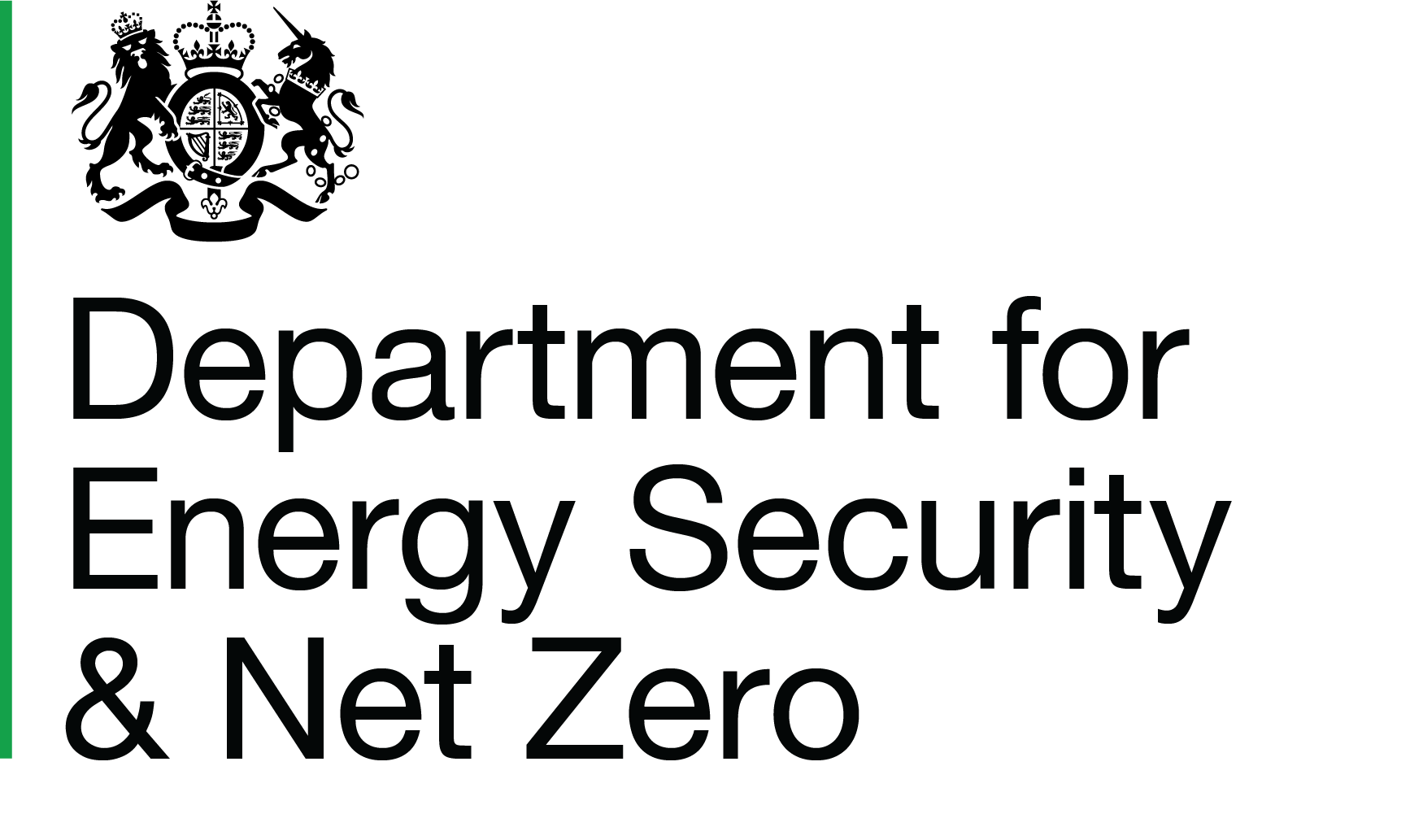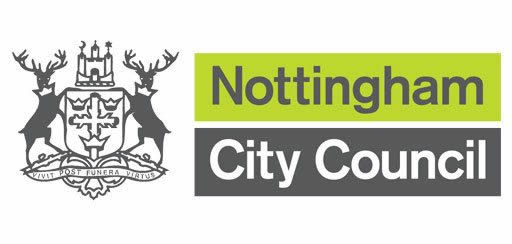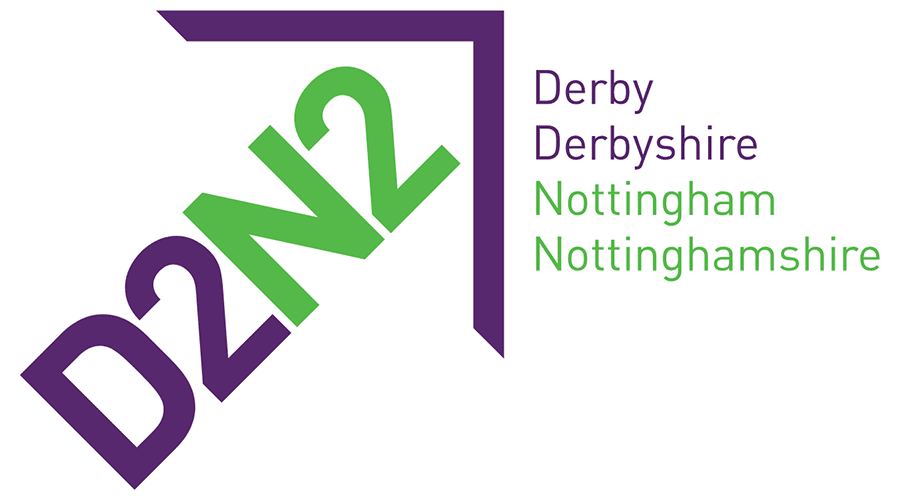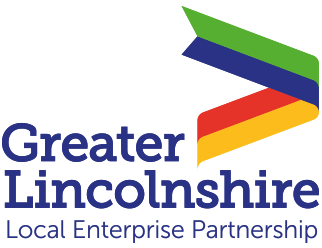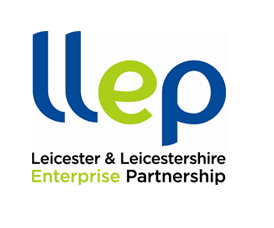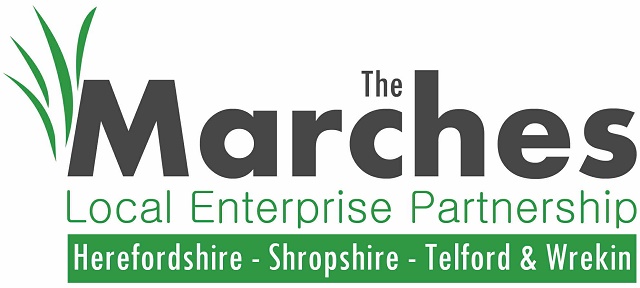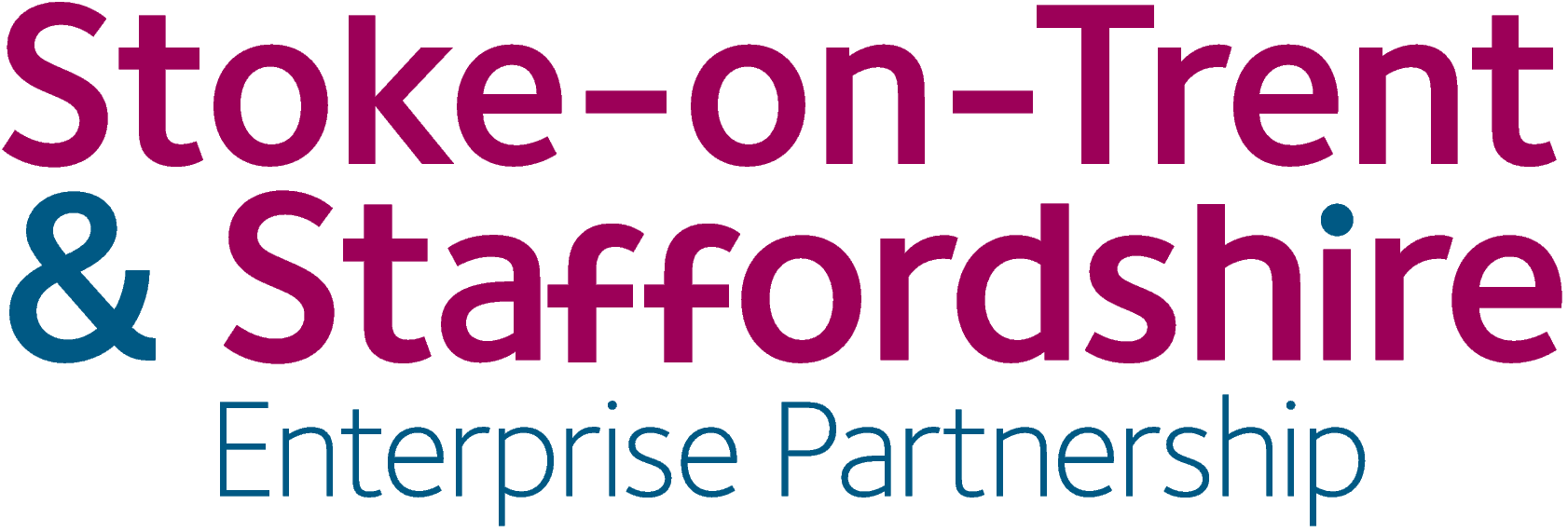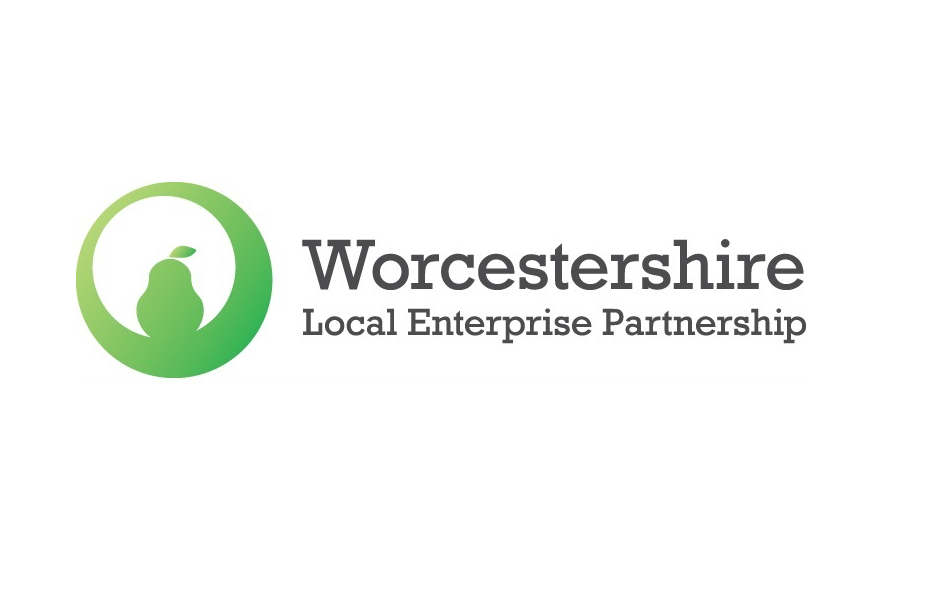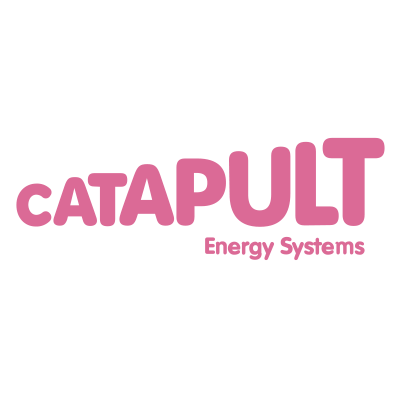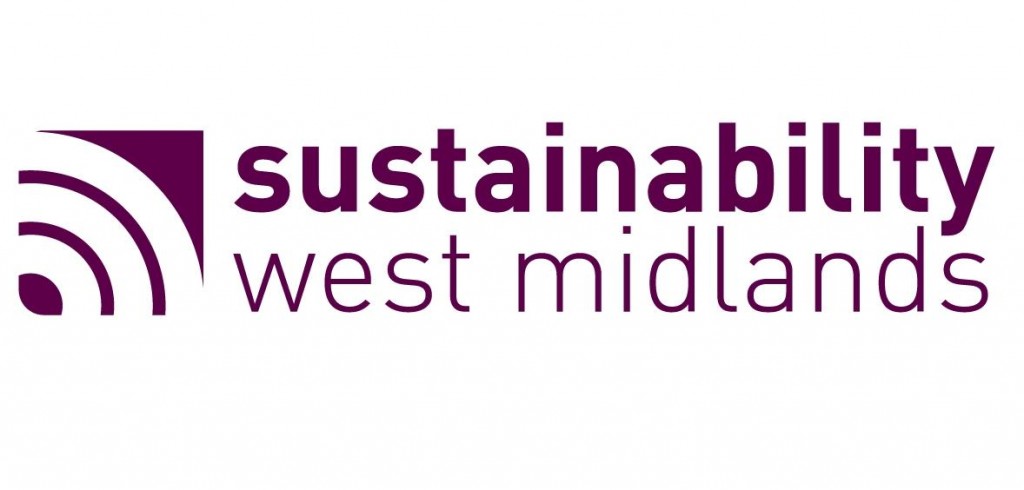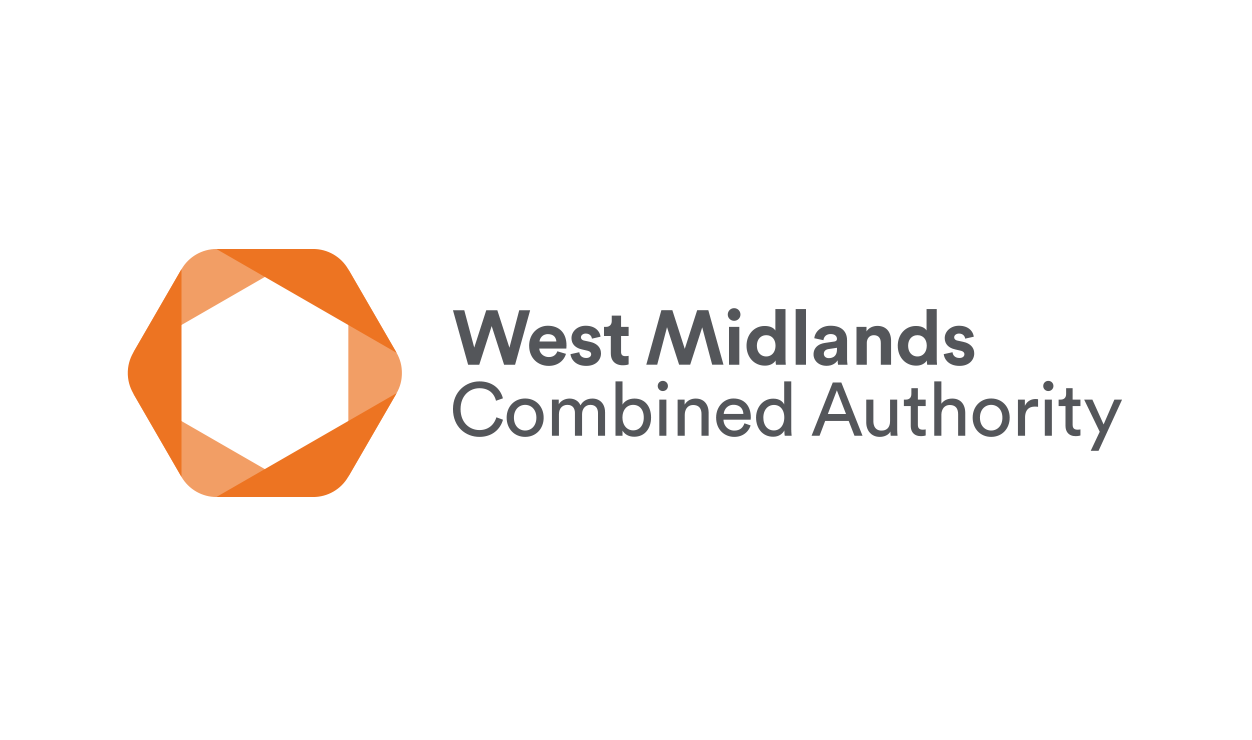Low carbon horticulture study
The Midlands Net Zero Hub commissioned District Eating to produce a series of reports that identify sources of heat and CO 2 from farms and food waste to quantify the energy available from agricultural and food waste.
The project aimed to increase our understanding of the links between energy and the agri-food sector, while also examining mechanisms for change by highlighting agri-food supply chain opportunities and new business models.
The project was split into three work packages:
WP1 – Mapping – The project carried out a mapping study to highlight the opportunities for the development of low-carbon horticulture by understanding the potential for working with the agri-food sector to deliver local heat and power. This helped to match producers of food and waste from agriculture / horticulture with heat and power generation facilities and identify potential energy customers.
WP2 – Micro-feasibility Studies – To examine the outputs of the mapping exercise in more detail, three micro-feasibility studies were conducted to demonstrate how a range of opportunities to co-locate heat users and generators could be exploited. This culminated in the development of business case development for three very different approaches.
WP3 – Future Project Development – The final work package looks to develop the main opportunities that WP2 highlighted, with a view to directing the next phase of the project.
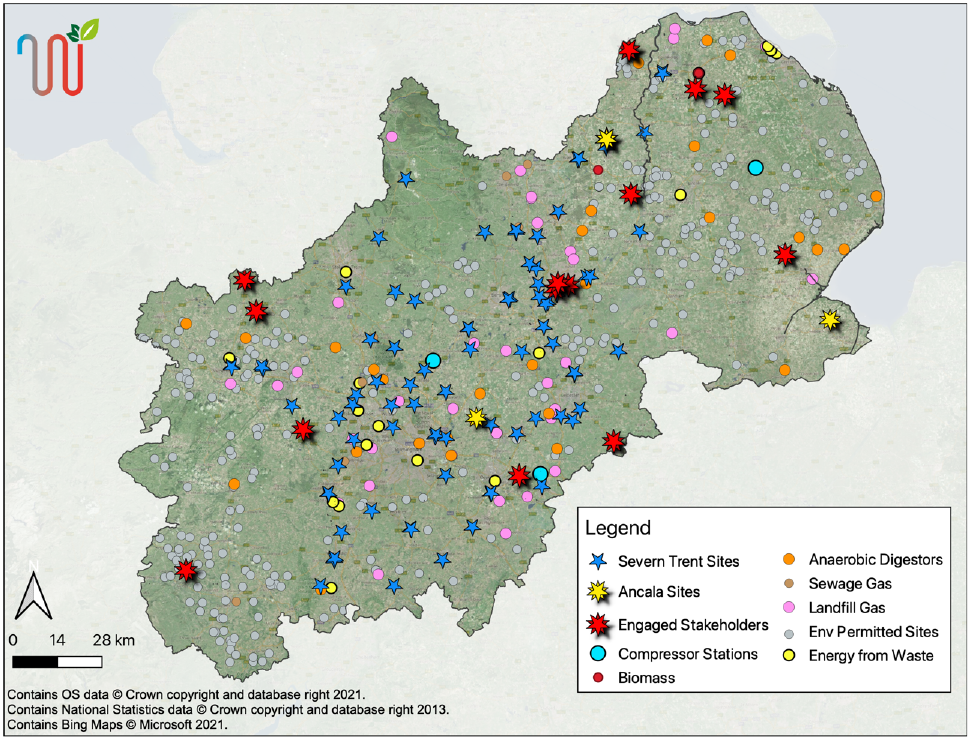
Map showing potential sources of waste heat and engaged stakeholders in the Midlands Net Zero Hub region.
Read the reports
WP1: Stakeholder engagement and mapping
WP2: Micro-feasibility studies
WP2: Micro-feasibility study – Low carbon horticulture at N&N Mason site in Lincolnshire
WP2: Micro-feasibility study – Low carbon horticulture using waste heat from an anaerobic digestion plant in North Lincolnshire
WP2: Micro-feasibility study – Vertical farming
WP3: Project identification and development
Farm of the Future: Journey to Net Zero
Farming occupies 75% of the UK landmass and has a vital role to play in the transition of our rural and bio-resource economies.
The Midlands Net Zero Hub worked with partners including the Royal Agricultural Society for England (RASE) and Innovation for Agriculture (IfA) on a pioneering new study that delivers a vision of how UK farming will respond to climate change. RASE released Farm of the Future: Journey to Net-Zero report in spring 2022 that outlines how the “Farm of the Future” need to examine its role in the need for urgent decarbonisation. The briefing paper helps set the policy agenda to enable farmers to continue their multi-generational work towards a healthier, more resilient and nature-friendly food supply system.
The report is designed to inform policymakers of the options available to farmers and land managers to deliver rural decarbonisation. It identifies a number of topics which need to be addressed including environmental resource management, low carbon energy options, low emission farm vehicles, digital and robotic technology.
Key recommendations cover better valuation of nature and natural capital, approaches to restoring soil health, increasing biodiversity as well as land and water resource management.
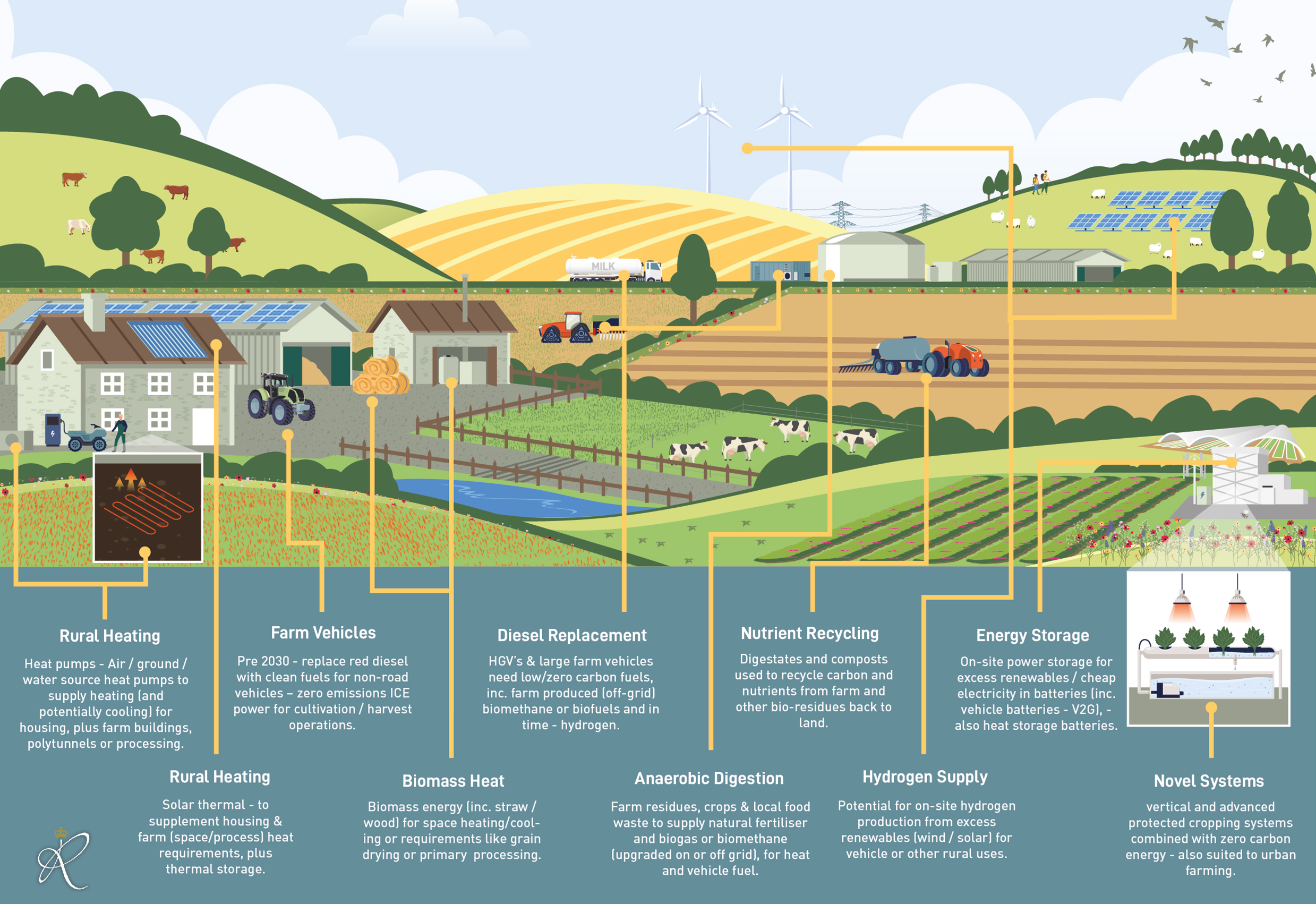
Further technical reports – including Decarbonising UK Cereal Production, Decarbonising UK Dairy Production, and Decarbonising Farm Vehicles and Future Fuels – are available on the Royal Agricultural Society of England’s website.

